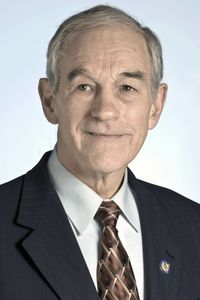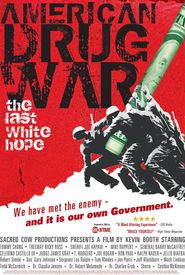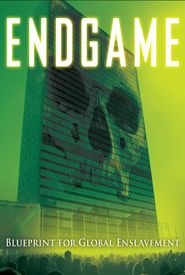Ron Paul, a renowned congressman and three-time presidential candidate from Texas, has earned a national reputation as a stalwart champion of liberty in contemporary politics. As a leading voice in Washington, he advocates for a limited constitutional government, low taxes, free markets, and a return to sound monetary policies founded on commodity-backed currency. Throughout his tenure in the House of Representatives, Dr. Paul has been recognized for his unwavering commitment to his constituents, consistently casting votes only in support of legislation that is explicitly authorized by the United States Constitution.
As a respected author, Dr. Paul has penned several influential books, including "The Revolution: A Manifesto", "End the Fed", "Liberty Defined", "Challenge to Liberty", "The Case for Gold", and "A Republic, If You Can Keep It", which have contributed significantly to the ongoing national dialogue on issues related to governance, economics, and personal freedom.







































